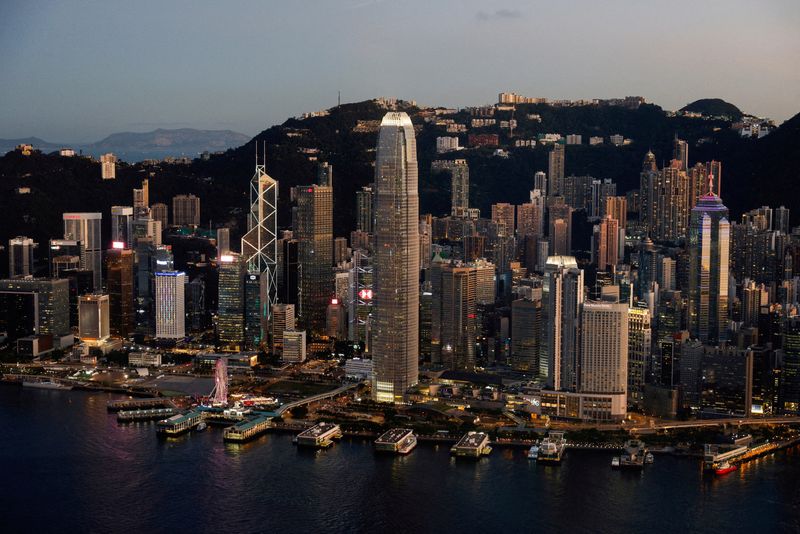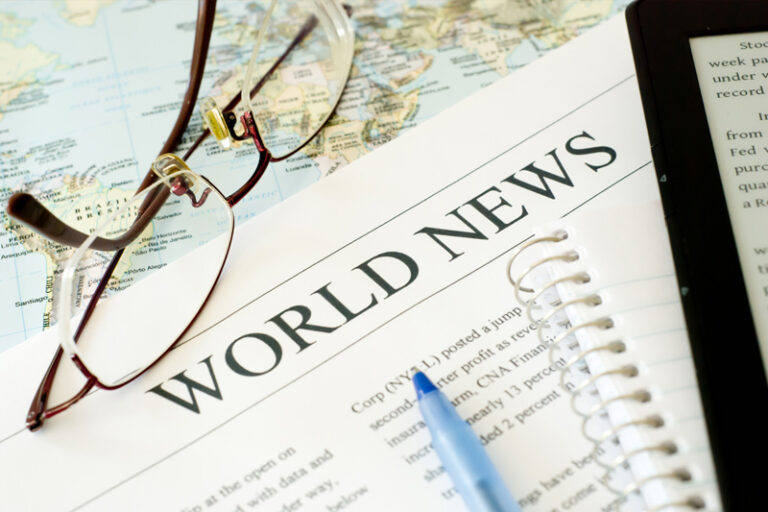(This December 26 article has been reedited to remove the extra words “said” and “that” from paragraphs 5 and 11, respectively)
Written by Kanishka Singh and Liz Lee
WASHINGTON (Reuters) – The U.S. State Department said the Hong Kong side has offered bounties to six more pro-democracy activists deemed to have violated national security laws and revoked the passports of seven others, amounting to blackmail.
The State Department also separately accused China of taking action against two Canadian institutions and 20 people involved in human rights issues related to Uighurs and Tibet.
The U.S. State Department said in a statement Thursday that it “rejects the Hong Kong government’s efforts to intimidate and silence individuals who have chosen to call the United States home,” adding that some of the targeted individuals are based in the United States. He added that he had put it there.
China’s Foreign Ministry said Hong Kong law enforcement measures are necessary to protect national sovereignty and security.
“The extraterritorial application of Hong Kong’s national security law is fully consistent with international law and practice,” ministry spokesperson Mao Ning said at a press conference on Friday.
He accused the US of hypocrisy in “attacking” Hong Kong’s actions while “abusing the concept of national security and exercising illegal long-distance jurisdiction.”
The national security law China imposed on Hong Kong triggered US sanctions and was used to jail democracy activists after violent street protests in 2019.
China’s Hong Kong National Security Office announced on Tuesday that it supported the action, saying the individuals were involved in “anti-China” and destabilizing acts.
The Chinese government separately targeted the Canada-based Uighur Rights Advocacy Project and the Canadian Tibetan Committee on Sunday by announcing measures including asset freezes and entry bans.
The sanctions were in response to sanctions imposed by Canada earlier this month against eight Chinese nationals for their involvement in “serious human rights violations.”
Mao Zedong said the countermeasures were “completely legal and reasonable.”
“We advise the countries concerned to face their own problems and stop political manipulation under the pretext of so-called human rights.”

Human rights groups have accused the Chinese government of widespread abuses against Uyghurs, a mostly Muslim minority of around 10 million people in western Xinjiang, including mass forced labor in camps. The Chinese government denies any abuses.
China took control of Tibet in 1950. International human rights groups and exiles have regularly denounced China’s so-called tyranny in the Tibetan region.


